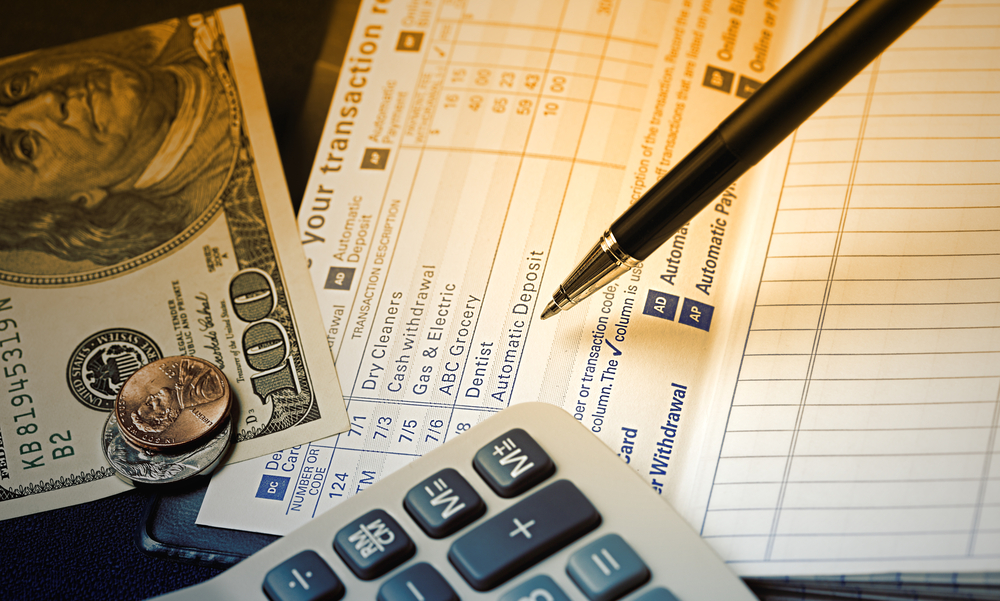If real estate investing was easy, everyone would do it. In reality, the real estate business is relatively simple to enter into, but difficult to master. The days of buying almost any property and selling it for a profit are over. In today’s market you need to target properties with upside while not exposing yourself to too much risk. With reduced inventory in many markets, it is much easier said than done. In some deals, there will be much more room for profit. Before you consider buying any property, you need to know what the realistic potential for the property is and work from there. Essentially, determining profit potential holds the key to your success. Make sure the numbers work in your favor before you commit to a property.
There are two ways you can add value to a property. The first is buying in good locations. These are the properties that are going to cost more, but you should feel confident that their value will remain high. You may not hit a home run with these types of properties, but you will rarely lose money either. Even if the property is in a good location and in demand, you will still need to tweak the property to get the return you are looking for. In some cases, this may take more than just minor tweaks and a full facelift may be necessary. Like any other property, you need to look at your area and see if the work merits the potential return.
The second way to add value to a property is by putting in the right work. The biggest mistake that many investors make is in thinking that they will get an equal return on any work they put in. However, if you do not do the right work, you could be wasting money. Before you consider any changes, you need to look at your area and see what has sold and for how much. A pool or a hot tub may sound nice, but in the wrong areas it will actually reduce the value. Doing the right work can completely change the potential value, but it will not come without spending money. If you do not have a large budget, you shouldn’t get started with the property. Buyers can tell when the quality is substandard and the work is shoddy. If you aren’t willing to spend money, you should consider wholesaling the property and getting in and out without taking on much risk.
Every time you put any work in the property, the two most important factors are your budget and the estimated value after repairs. If you are off on either of these two areas, your bottom line will be way off. Your budget should be more than just an estimate of the work you think you need. If you are not familiar with rehabbing you need to get a contractor to the house and help give you firm numbers. Most rehabs end up costing you more than you think, and take longer as well. Your budget will hold the key to any potential profits. The more accurate you are with your budget, the more successful you will be on every deal. This can mean the difference between making an acceptable amount on the deal or getting involved in a property you would not have otherwise.
Coming up with an estimate is difficult, but not as difficult as putting a price on said work. Past sales and current listings can give you an idea of what has worked in an area, but no two homes are alike and each can have something a little different that affects the value. Here is where doing the right work will have an impact on your sales price and ultimately your bottom line. If your property is in a high-end area, you need to conduct your work accordingly. In these areas, quality and craftsmanship are essential to getting top dollar. Buyers in these areas are less concerned with getting a good deal rather than getting the best possible house. This isn’t to say that work isn’t important in lower income areas, but you have more margin for error. If you don’t know what the returns of your work will be, you are essentially gambling that buyers will like the changes you made. Take the time and look at everything on the market, especially any rehabs, and see what has worked in your area.
Once you have an idea of your potential profits, you can evaluate if it is a good deal for you. A good deal for one person can be much different than another. If you are looking to increase your volume and close as many deals as possible, you may be willing to take less on a given deal. If you are only looking to close a handful of deals a year, your spreads need to be much larger. There is really no right or wrong approach to the business – only what works for you and your goals. This all starts with knowing the numbers and knowing what your bottom line can be. The numbers usually will tell you if you have a good deal or not. In most cases, all you have to do is listen.







